President Donald Trump announced that the United States had regained control of the Panama Canal, through the purchase of most of the canal's operations from a Hong Kong-based company by a group of American financial corporations.
US President Donald Trump has just declared that Washington "took back" the Panama Canal even though Panamanian President Jose Raul Mulino affirmed that the canal belongs to the Panamanian people and will remain the Panamanian people.
Previously, Mr. Trump repeatedly declared that he "will take back the Panama Canal" and warned of "strong measures" against China's presence around this important waterway.
According to CBSNews , the above statement was made after a group of American financial corporations, led by the world's largest asset management group BlackRock, reached an agreement to acquire most of the global port business of Hong Kong (China)-based company CK Hutchison Holding.
The company that operates ports near the Panama Canal has agreed to sell its port operations to BlackRock Inc., after President Trump accused China of interfering with operations of the vital shipping route.
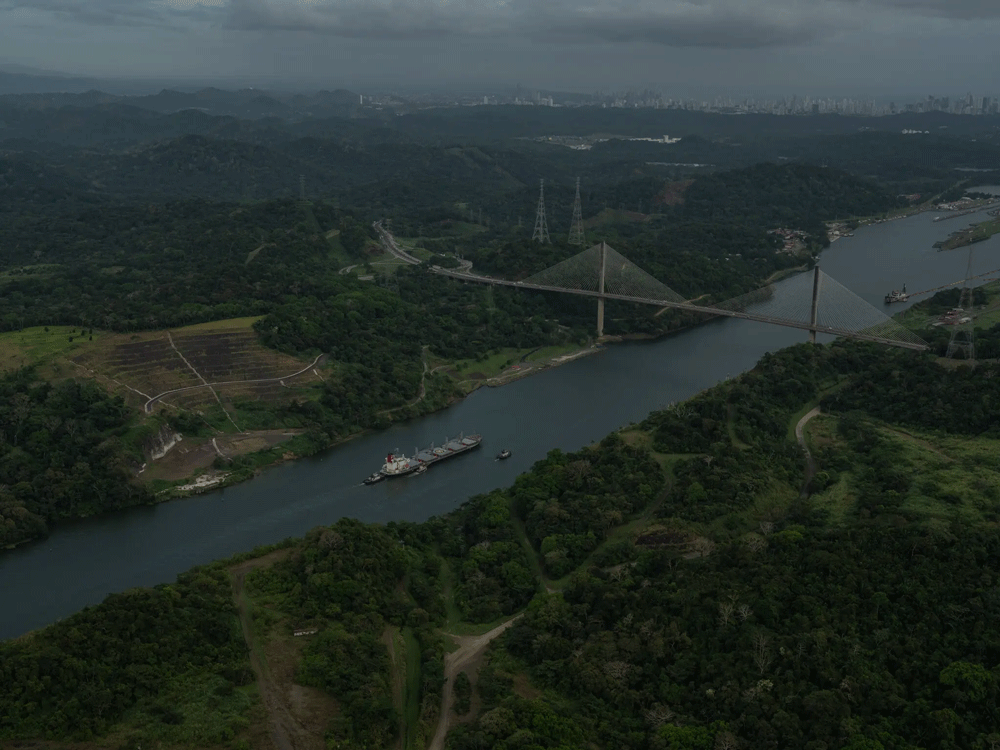
In a statement, CK Hutchison Holding also confirmed that it will sell all of its shares in Hutchison Port Holdings and Hutchison Port Group Holdings, in a deal worth $22.8 billion. The two entities hold 80% of Hutchison Ports, which operates 43 ports in 23 countries, including two of the four main ports along the Panama Canal.
The deal will give BlackRock Group control of 43 ports in 23 countries, including Mexico, the Netherlands, Egypt, Australia, Pakistan and elsewhere.
According to the filing, the consortium consisting of BlackRock, Global Infrastructure Partners and Terminal Investment Limited will buy a 90% stake in Panama Ports Company, which owns and operates the Balboa and Cristóbal ports in Panama.
Special status helps the US control vital waterways
The Panama Canal is an 82 km long artificial waterway in Panama that connects the Atlantic Ocean with the Pacific Ocean and divides North and South America. The canal crosses the Isthmus of Panama and is an important route for maritime trade.
Trump's announcement that he had "reclaimed" the Panama Canal marked a major turning point in global geopolitics and economics. The deal put the US back in control of the ports of Balboa and Cristóbal - two strategic entry points to the Panama Canal, a vital waterway connecting the Atlantic and Pacific Oceans . The impact of this event spread to the US, Chinese and world economies.
For the US economy, taking control of the Panama Canal strengthens its position. The canal handles about 5% of global maritime traffic, with the US being the largest user, accounting for more than 70% of goods shipped through it.
Control of these ports reduces shipping costs, ensures priority for American ships, and enhances surveillance of vital trade routes. This not only helps American businesses but also creates leverage in economic competition with rivals, especially China.
For the United States, the benefits of the Panama Canal are clearly enormous. Cargo ships from the East Coast of the United States (like New York) to the West Coast (like San Francisco) have their distance cut in half, saving more than ten thousand kilometers.
China currently handles about 20% of its trade through the canal. The Panama Canal is also the shortest route connecting East Asia with North America and Europe. Many countries depend on the canal, such as Japan and South Korea.
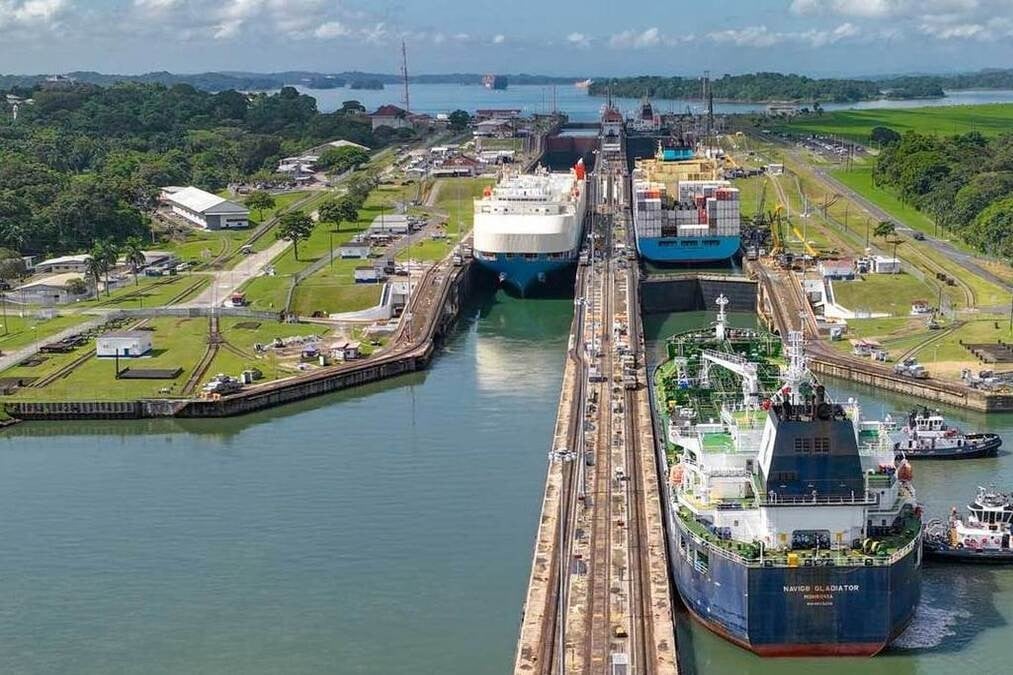
Source: https://vietnamnet.vn/ong-trump-da-gianh-lai-duoc-kenh-dao-panama-dieu-gi-da-xay-ra-2378171.html



![[Photo] General Secretary To Lam, Secretary of the Central Military Commission attends the 12th Party Congress of the Army](https://vphoto.vietnam.vn/thumb/1200x675/vietnam/resource/IMAGE/2025/9/30/9b63aaa37ddb472ead84e3870a8ae825)
![[Photo] The 1st Congress of Phu Tho Provincial Party Committee, term 2025-2030](https://vphoto.vietnam.vn/thumb/1200x675/vietnam/resource/IMAGE/2025/9/30/1507da06216649bba8a1ce6251816820)
![[Photo] President Luong Cuong receives President of the Cuban National Assembly Esteban Lazo Hernandez](https://vphoto.vietnam.vn/thumb/1200x675/vietnam/resource/IMAGE/2025/9/30/4d38932911c24f6ea1936252bd5427fa)
![[Photo] Panorama of the cable-stayed bridge, the final bottleneck of the Ben Luc-Long Thanh expressway](https://vphoto.vietnam.vn/thumb/1200x675/vietnam/resource/IMAGE/2025/9/30/391fdf21025541d6b2f092e49a17243f)
![[Photo] Solemn opening of the 12th Military Party Congress for the 2025-2030 term](https://vphoto.vietnam.vn/thumb/1200x675/vietnam/resource/IMAGE/2025/9/30/2cd383b3130d41a1a4b5ace0d5eb989d)
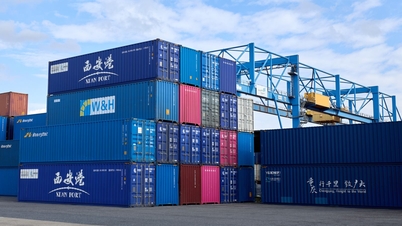

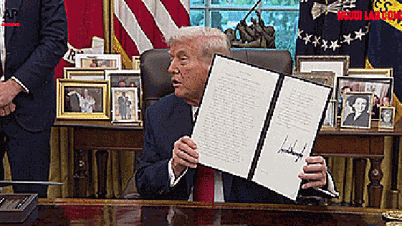

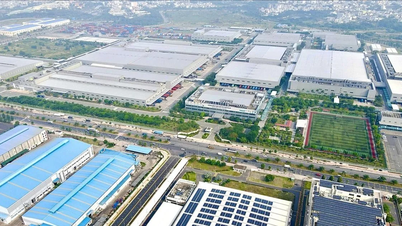

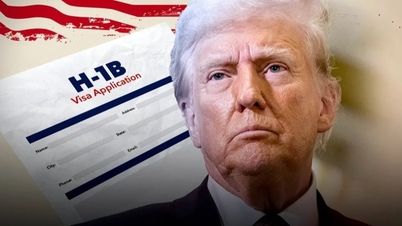




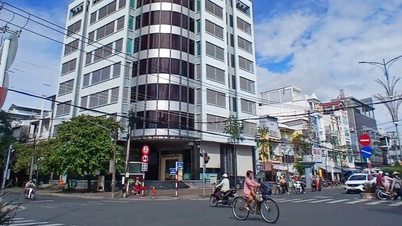


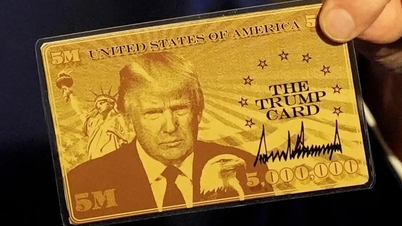







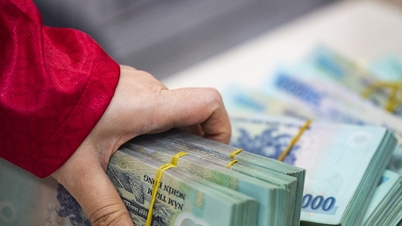
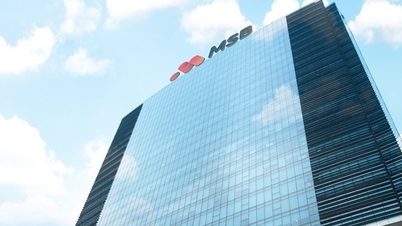
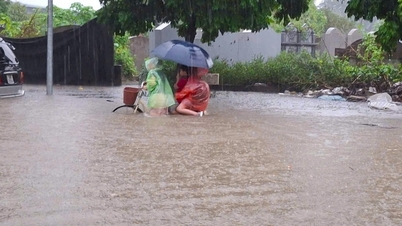















































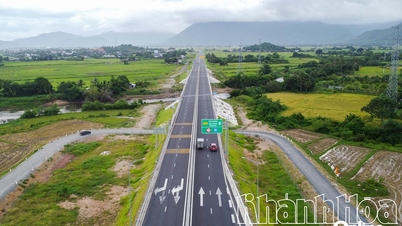



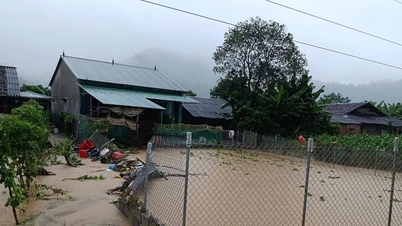

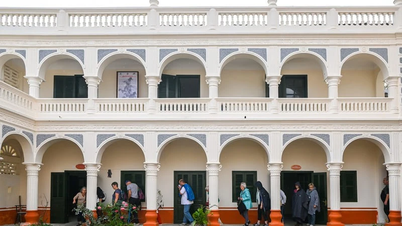














Comment (0)